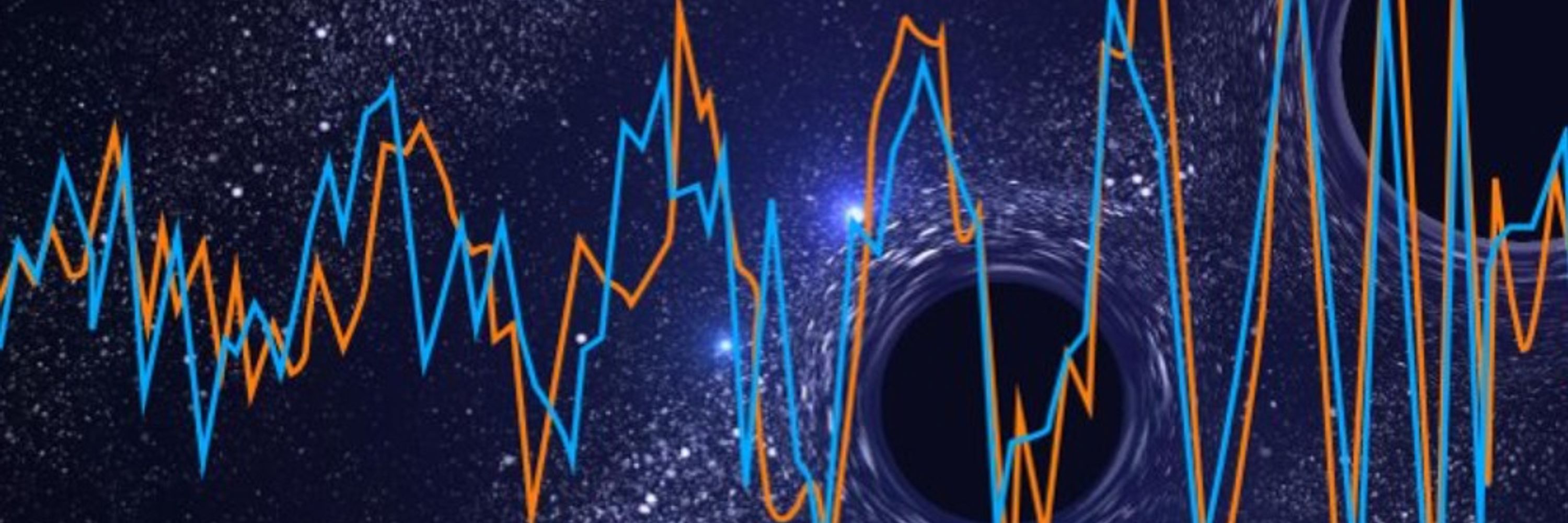
Christopher Berry
@cplberry.bsky.social
Gravitational-wave astrophysicist. University of Glasgow Senior Lecturer. Science, education, LEGO & cake. May contain traces of nuts
🐘 https://mastodon.online/@cplberry
🐦 https://twitter.com/cplberry
📚 https://cplberry.com
🐘 https://mastodon.online/@cplberry
🐦 https://twitter.com/cplberry
📚 https://cplberry.com
Please keep us updated. Especially about the doughnuts
November 10, 2025 at 3:35 PM
Please keep us updated. Especially about the doughnuts
It's factors of 2 starting from some useful bins for dealing with neutron stars. It's nothing fundamental about the detectors.
November 5, 2025 at 3:04 PM
It's factors of 2 starting from some useful bins for dealing with neutron stars. It's nothing fundamental about the detectors.
It shouldn't have any in theory. That's why people are checking. It is quite hard to measure
October 29, 2025 at 7:29 AM
It shouldn't have any in theory. That's why people are checking. It is quite hard to measure
If gravitons have mass, different frequencies would travel at different speeds. We'd have dispersion. This would distort the signal. From the lack of distortion, we have better bounds on the mass of the graviton than the mass of the photon.
October 28, 2025 at 10:09 PM
If gravitons have mass, different frequencies would travel at different speeds. We'd have dispersion. This would distort the signal. From the lack of distortion, we have better bounds on the mass of the graviton than the mass of the photon.
Yes, the amplitude of the signal is set by the masses of the black holes. So for a given pair of masses there is a maximum distance we can detect to.
That doesn't directly put any constraints on the graviton, but we can check whether the signal matches predictions
That doesn't directly put any constraints on the graviton, but we can check whether the signal matches predictions
October 28, 2025 at 10:09 PM
Yes, the amplitude of the signal is set by the masses of the black holes. So for a given pair of masses there is a maximum distance we can detect to.
That doesn't directly put any constraints on the graviton, but we can check whether the signal matches predictions
That doesn't directly put any constraints on the graviton, but we can check whether the signal matches predictions
*2020. Time hasn't moved that fast
October 28, 2025 at 8:38 PM
*2020. Time hasn't moved that fast

